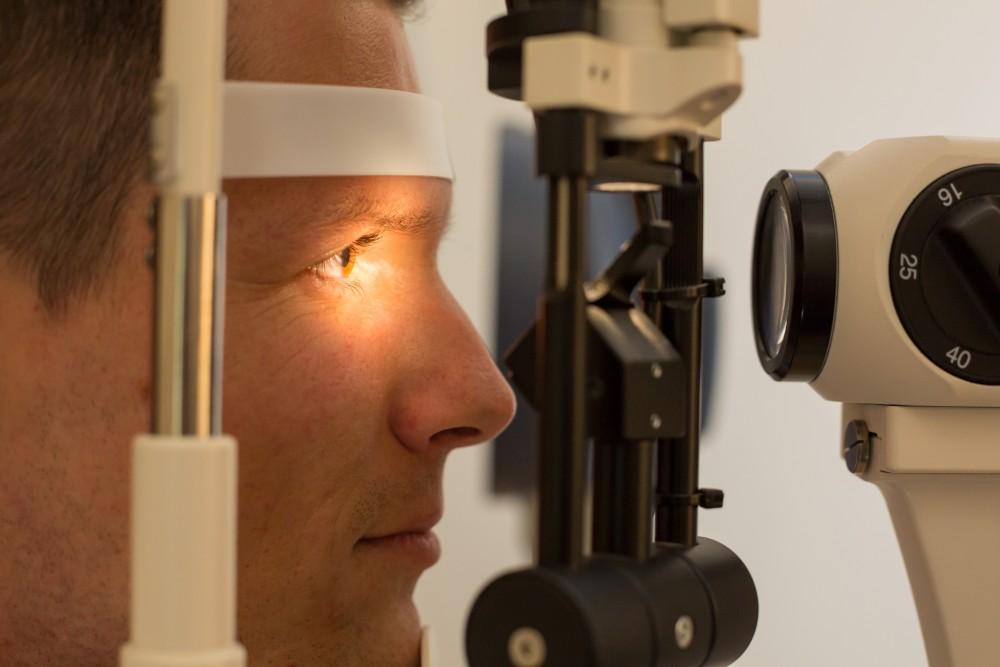
How Often Should I Have a Comprehensive Eye Exam?

You know you’re supposed to have an annual physical exam. But that appointment doesn’t include a comprehensive eye exam. When should you start having regular eye exams with an ophthalmologist?
Our board-certified ophthalmologists with Wolchok Eye Associates, PA, check your eyes for numerous diseases and conditions, some of which show no symptoms in the early stages. That’s why it’s important to know how often you should get comprehensive eye exams.
Eye pain or other eye problem
Any time you notice a sudden change in your vision, you should schedule an eye exam, no matter how old you are. If you have eye pain or see spots or flashes of light in your vision, you need to call the office right away for an appointment.
How often should I get an eye exam?
If you’re a young adult and haven’t had any vision problems, take a proactive step and schedule an eye exam in your 20s and again in your 30s. Having an eye exam at these early ages is analogous to having insurance; you’re protected and can feel reassured.
The American Academy of Ophthalmology advises adults to start having regular, comprehensive eye exams at age 40. That’s when many adults start having trouble reading fine print (farsightedness) or seeing objects in the distance (nearsightedness).
Just as your body begins to show signs of aging, your eyes may not work as well as they did when you were younger. If you’ve never needed reading glasses or glasses for driving to help you see road signs, you may need them now.
Your ophthalmologist explains how your eyes have changed and writes a prescription for you or advises you on contact lenses if your eyesight has changed significantly. If you have contact lenses, you should have an eye exam every year.
Your ophthalmologist advises you when you should schedule your next comprehensive eye exam. We personalize our recommendations based on your specific medical history.
Eye exams for individuals with medical conditions
No matter your age, if you have a health condition such as diabetes, high blood pressure, or a family history of eye disease, you should see an ophthalmologist for a comprehensive eye exam. These and other health conditions affect your eyes. High blood pressure can harm your retina. Vision loss and even blindness can result from diabetes.
Your ophthalmologist explains how frequently you should make an appointment for an eye exam. Your risk of eye problems is elevated as you age, so before you leave the office, make your next appointment. That way, it’s on the calendar and you won’t forget about it.
Eye exams for seniors
If you’re 65 or older, be sure to have a comprehensive eye exam every year or two unless we advise you to come in sooner. This is the age when we start to see people with the following eye disorders:
- Cataracts
- Diabetic retinopathy
- Macular degeneration
- Glaucoma
Sometimes diabetic retinopathy, glaucoma, and macular degeneration don’t show symptoms in the early stages. These eye diseases can cause loss of sight. For best results, early treatment is critical.
Call Wolchok Eye Associates, PA or book an appointment online for your next comprehensive eye exam at our office in Jacksonville, Florida.
You Might Also Enjoy...


Understanding Your Risk of Diabetic Retinopathy

Dry vs. Wet Macular Degeneration: Key Differences

What Happens if You Don't Wear Your Corrective Lenses Enough?

How to Make the Most of Your Dry Eye Treatment


